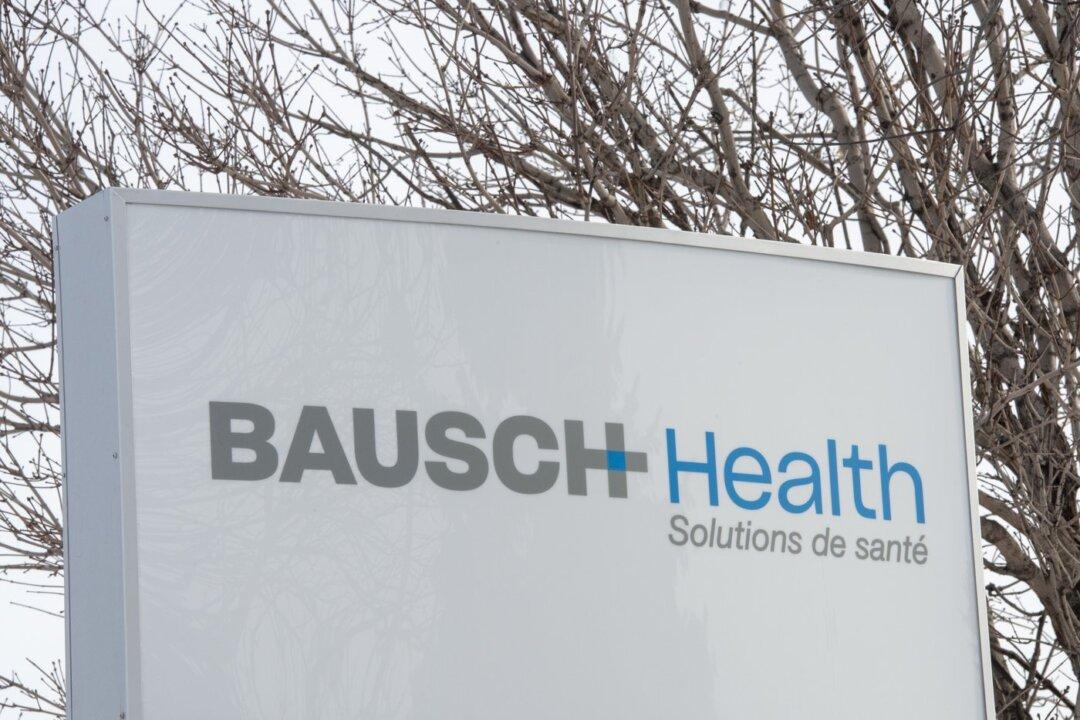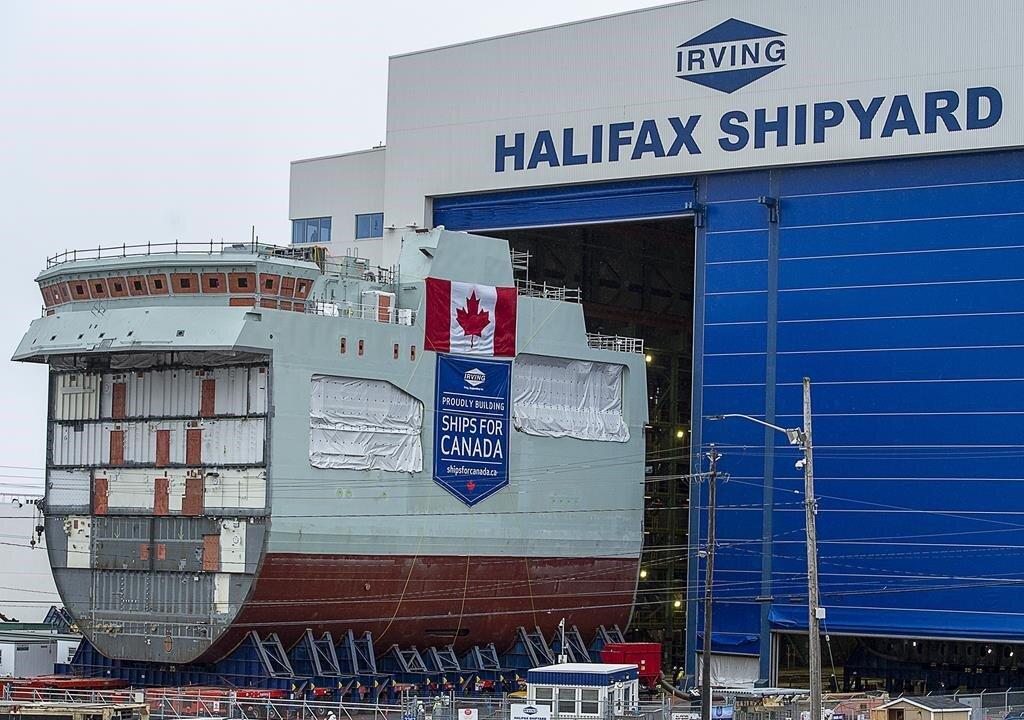The Commons Natural Resources Committee said the operators of the Trans Mountain Pipeline should think about increasing user tolls to reduce the beleaguered project’s escalating taxpayer losses, according to its report.
“The pipeline operator may be unable to charge high enough tolls to cover the costs of the Trans Mountain expansion,” said a committee report, titled “Federal Assistance to Canada’s Natural Resources Sectors,” as first reported by Blacklock’s Reporter.





